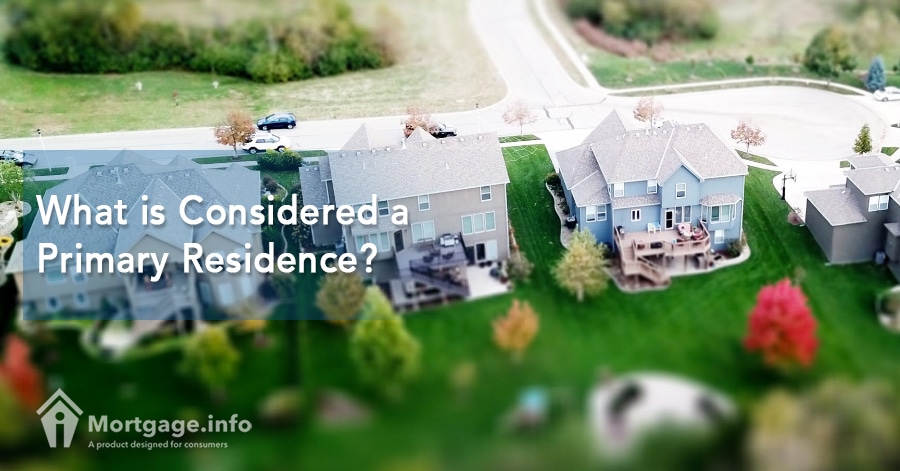How you use your home will determine the loan program you can use. It will also determine your interest rate and closing fees. Usually, the best rates and terms go to those borrowers that are borrowing for a primary residence.
Looking for Current Mortgage Interest Rates? Click Here.
Your primary home is the one you live in most of the year. The home must be located within a reasonable distance from your place of employment and you may only own one home at a time that you consider your primary home.
If you tell a lender that you plan to use the home as your main home, you must occupy it within 60 days, although some lenders require you to move in even sooner.
Why do Lenders Care?
Lenders use your home as collateral for your loan. They want to know that the home is in good condition at all times in case you default. Typically, borrowers take better care of a home they live in full-time rather than a second home or investment home. This isn’t to say borrowers don’t care about homes tenants live in or homes they only frequent a few months out of the year. But, because you aren’t there all year and it’s not the home you live in full-time, it’s harder to take care of on a regular basis.
Click to See the Latest Mortgage Rates.
If you rent your home out, you have to rely on the tenants to care for the home. Because you can’t be there all of the time, sometimes you won’t know the condition of the home. If you get into a financial bind and can’t pay the loan any longer, you may end up defaulting on the loan. This leaves the lender with a home that is in poor condition that may not sell for the amount you still owe on the loan.
Know Your Mortgage Requirements
Once you occupy a home as your primary residence, you may be able to convert it to an investment property in the future. Before you do, though, make sure you are aware of the mortgage requirements. What did you sign at the closing? Some loan programs and/or lenders require you to live in the home for a certain period, such as one or two years. Once you satisfy that requirement, you are free to rent the home out and you don’t have to worry about consequences from your lender.
If you decide to rent your primary home out and want to buy another home as your primary residence, you’ll need to make sure you let the new lender know of your intentions. Your new home may have to be closed a certain distance, such as 50 miles from the other home. This helps to avoid any issues with your need to use the home as your primary home in the future.
Lenders generally feel that they are at a lower risk when you borrow money for your primary residence. You will still be able to find loans for an investment property or second home, but you may have to meet stricter terms or pay higher interest rates. Talk to your lender about the rules of their loan program to make sure you can fulfill the requirements.

